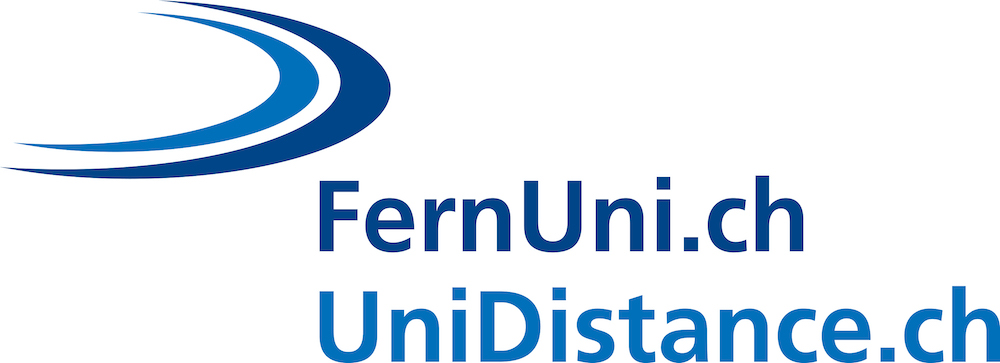Neurophysiological Correlates of Combining Learning Strategies During Second Language Vocabulary Learning: 17th Conference of the Swiss Psychological Society
-
Skieresz, Nicole H.
ORCID
Faculty of Psychology, UniDistance Suisse, Brig, Switzerland; The LINE (Laboratory for Investigative Neurophysiology), Department of Diagnostic and Interventional Radiology, Lausanne University Hospital and University of Lausanne, Lausanne, Switzerland; The Sense Innovation and Research Center, Lausanne and Sion, Switzerland;
-
Marca, Sandy C.
(Contributor)
ORCID
Faculty of Psychology, UniDistance Suisse, Brig, Switzerland; Faculty of Psychology, University of Geneva, Geneva, Switzerland;
-
Reber, Thomas P.
(Contributor)
ORCID
Faculty of Psychology, UniDistance Suisse, Brig, Switzerland; Department of Epileptology, University of Bonn Medical Center, Bonn 53127, Germany;
-
Rothen, Nicolas
(Contributor)
ORCID
Faculty of Psychology, UniDistance Suisse, Brig, Switzerland;
Show more…
Published in:
- 17th Conference of the Swiss Psychological Society - 2022. - 2022
English
Various memory strategies that are known to optimize learning. Some of the most effective learning principles underlying those strategies are retrieval practice (i.e., an active process to recall previously learnt information), multimodal learning (i.e., the to-be-learnt material is presented on multiple senses simultaneously), and corrective feedback (i.e., a correct response is provided when an error was made). While each on its own is thoroughly examined, little research has been conducted on potential interactions between different learning principles and underlying neurophysiological correlates. Our study aimed to investigate potential interactions between those learning principles on associative memory (i.e., vocabulary learning) and their neurophysiological basis. Healthy adults were presented two words individually and subsequently constructing congruent and incongruent word pairs while their electroencephalograms were recorded before and after 14 days of learning Finnish vocabulary using the application “stellar-learning.app” where the learning principles were manipulated. We compared ERPs of the N400 component (i.e., an electrophysiological marker for linguistic functions) for congruent and incongruent pairs by learning principle and hypothesized a higher negativity in the N400 window for incongruent than congruent pairs especially when the vocabulary knowledge was good. Learning success was assessed in terms of proportion correct and related neurophysiological correlates. Preliminary results show an increase in proportion correct and indicate a different N400 modulation on the level of the learning principles. The outcome of the study adds clarity on how to learn efficiently by combining learning principles on their neurophysiological basis.
-
Language
-
-
Classification
-
Memory and learning
-
License
-
License undefined
-
Identifiers
-
-
ARK
ark:/51647/srd1323778
-
Persistent URL
-
https://n2t.net/ark:/51647/srd1323778
Statistics
Document views: 22
File downloads:
- SPS_poster_NS_30082022.pdf: 86

